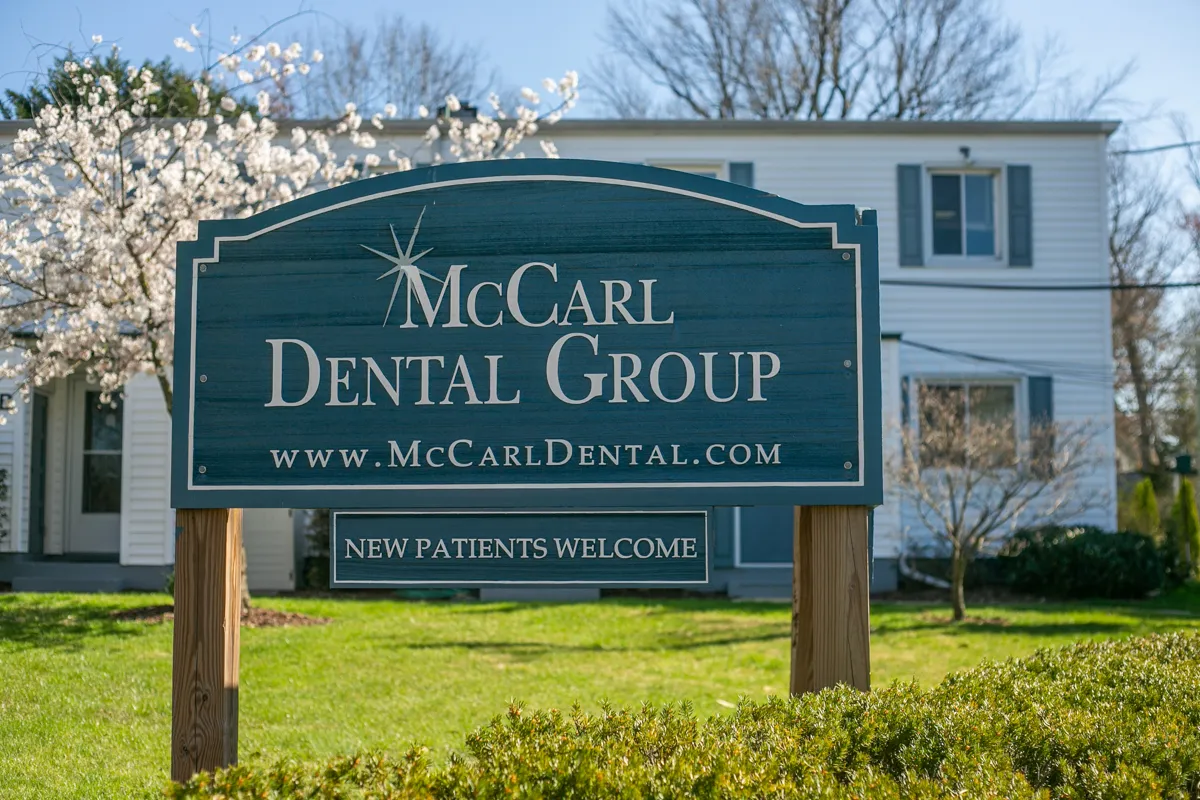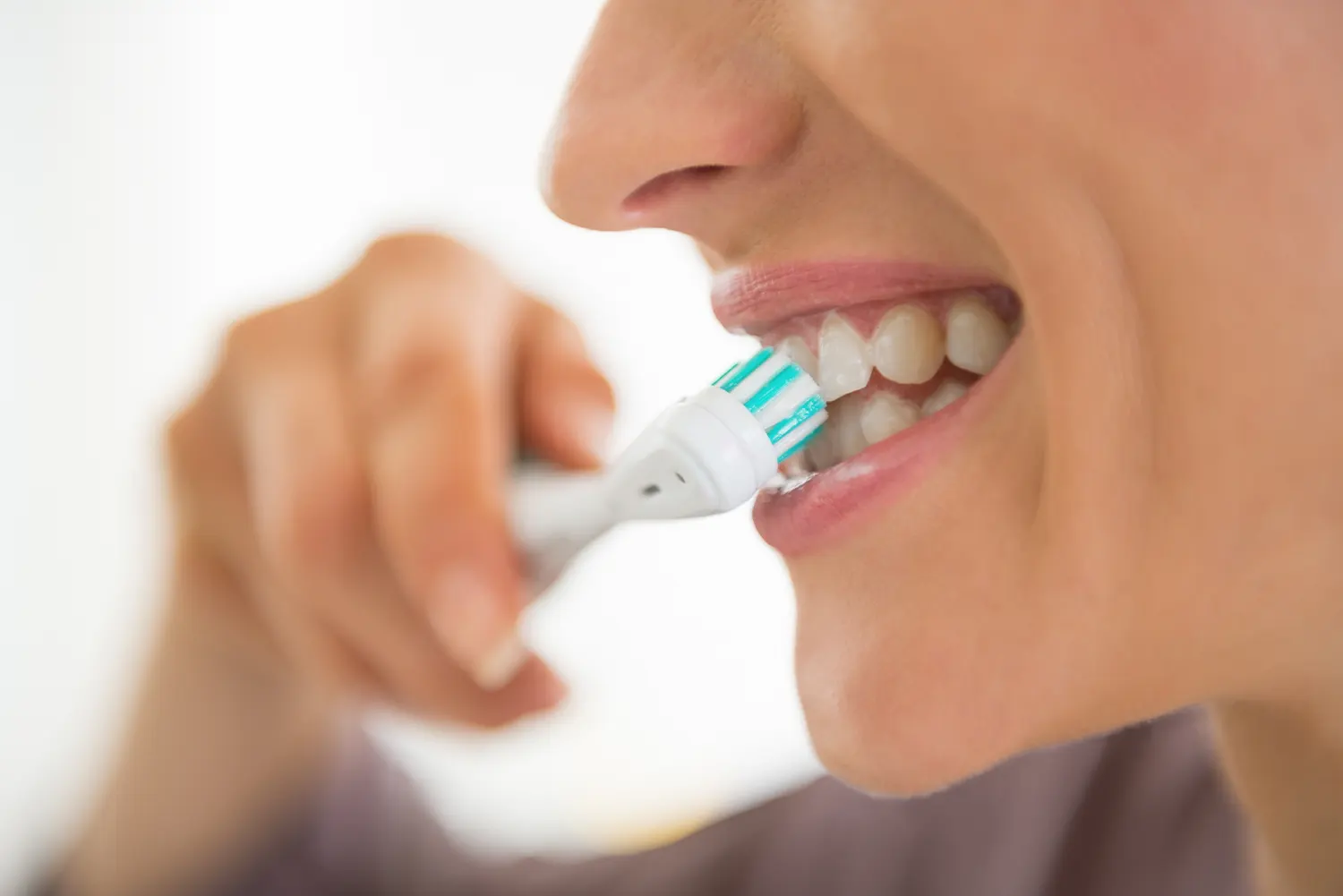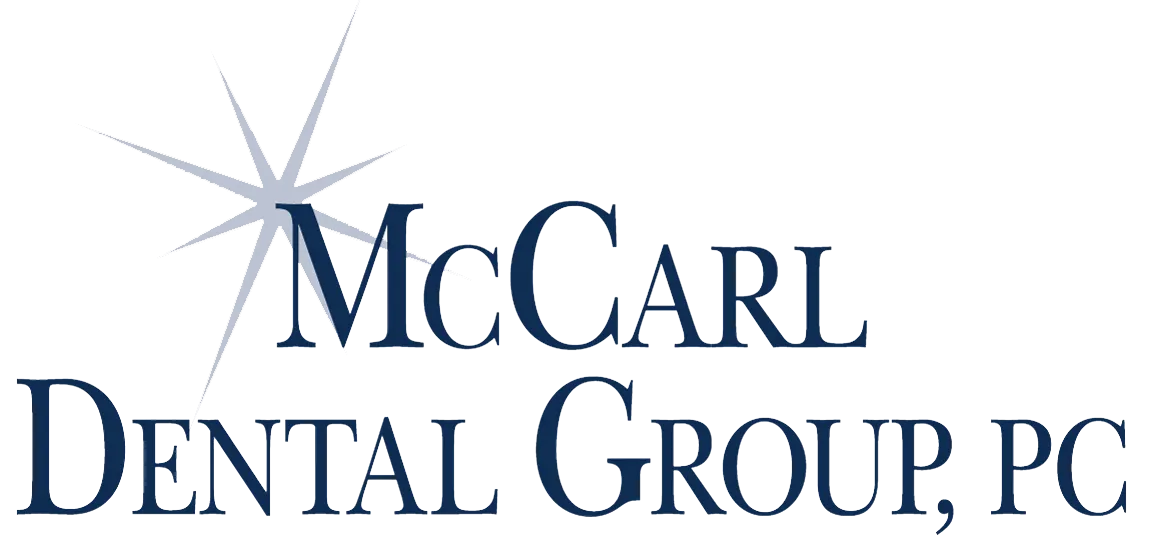

When you visit the dentist and receive an oral exam, your dental hygienist and dentist will evaluate the health of your gums and teeth. If there are signs of gum disease, most commonly gingivitis or periodontitis, you will need a complete periodontal exam which includes evaluation of plaque, marginal bleeding, gum attachment loss or dental pockets and number of teeth present. Periodontitis is an infection caused by bacteria in the dental biofilm which leads to chronic inflammation and causes destruction of both connective tissues surrounding your teeth and resulting bone loss.
Periodontitis and other common chronic inflammatory diseases, including arthritis, share many modifiable risk factors. Rheumatoid arthritis (RA) is an autoimmune disease, also characterized by chronic inflammation, that is also associated with deterioration of joint connective tissue and bone.
In this blog, we explore the connection between periodontal (gum) disease or periodontitis and arthritis. Many of the lifestyle changes that improve oral health and hygiene can also improve your rheumatoid arthritis (RA).
How do Arthritis & Gum Disease Interact?
RA is an inflammatory condition that causes the joints to swell because the body mistakenly believes there’s a foreign invader (like bacteria) present that needs to be removed. Unfortunately, this unnecessary inflammation causes severe pain, damages and deforms the joints, and leads to serious mobility concerns. While the research is still not 100% clear about the link between RA and gum disease, inflammation is one common denominator that is currently being investigated. Gum disease is caused by oral bacteria that irritate and inflame healthy gum tissue, leading to sores, infection, and inflammation. When oral bacteria enter the blood stream through sores in the mouth, they can attach themselves to other soft tissue, leading to inflammation. If you’re already struggling with joint inflammation from RA, it’s no surprise that exposing your body to more inflammatory substances causes further concern.
Know Your Risk
More research is needed to completely understand all the connections between RA and gum disease. However, current research has produced some startling statistics about risk for arthritis and gum disease, why they are so often comorbidities (dual diagnosed illnesses), and how treating both conditions may be necessary to ensure optimal results. Some of the most significant research findings include:
- In a study of 636 patients with RA, 24.2% had 10 or fewer teeth and 16.1% had 10 to 20 teeth. Healthy adults typically have 25 to 32 adult teeth (including wisdom teeth), and gum disease is the leading cause of tooth loss in adults.
- A similar study of close relatives of patients who were diagnosed with RA found that those who had fewer teeth were more likely to have signs of RA, specifically swollen joints. Among these participants, those who had less than 20 teeth were 8 times more likely to have swelling in at least one joint, which means they are much more likely to develop RA. This may indicate that even if you have a genetic predisposition toward the illness, poor oral health may still increase your risk.
- These results have spurred further research into the genetic predisposition to both RA and gum disease. Specifically, further research was completed looking at patients who had the HLA-DR4 gene that is often linked to RA. The study showed that 8 out of 10 (80%) people with this gene had both RA and rapidly advancing gum disease compared with just 1 in 3 (33.33%) in the control group.
Tackling Comorbidities
The importance of addressing both RA and gum disease simultaneously is a finding that many of the researchers have agreed on. In a study conducted at Case Western Reserve University, patients who received treatment for both conditions had significantly fewer RA symptoms than those who received only RA treatment. In fact, following the study, the control group received the same periodontal treatments, and they all reported improved RA symptoms. If you suffer from arthritis, let your dentist know! Better in-office and at-home dental care may make a huge difference in your day-to-day comfort.
Meet the McCarl Dental Group
At McCarl Dental Group, our knowledgeable team of dentists and smile specialists have spent decades partnering with Greenbelt dental patients to help them better understand their oral health. We apply our years of training and experience, not to mention our legacy of exceptional dental care, to ensure every patient we see keeps their smile and whole body healthy for life. Ready to work with our team? We’d love to hear from you. Give our Greenbelt dentists a call or complete our simple online from.
Latest Blog Posts

Porcelain Veneers: Designing Your Smile Makeover for Lasting Aesthetic Results

Your Complete Smile Makeover Journey: From Plan to Finish in Greenbelt, MD

